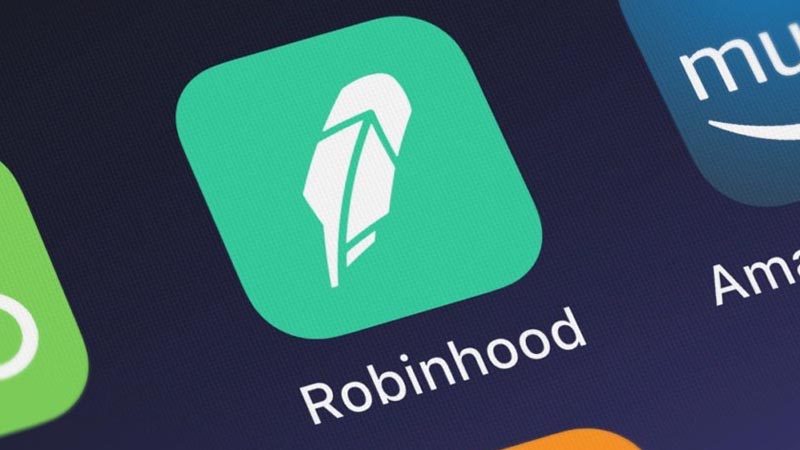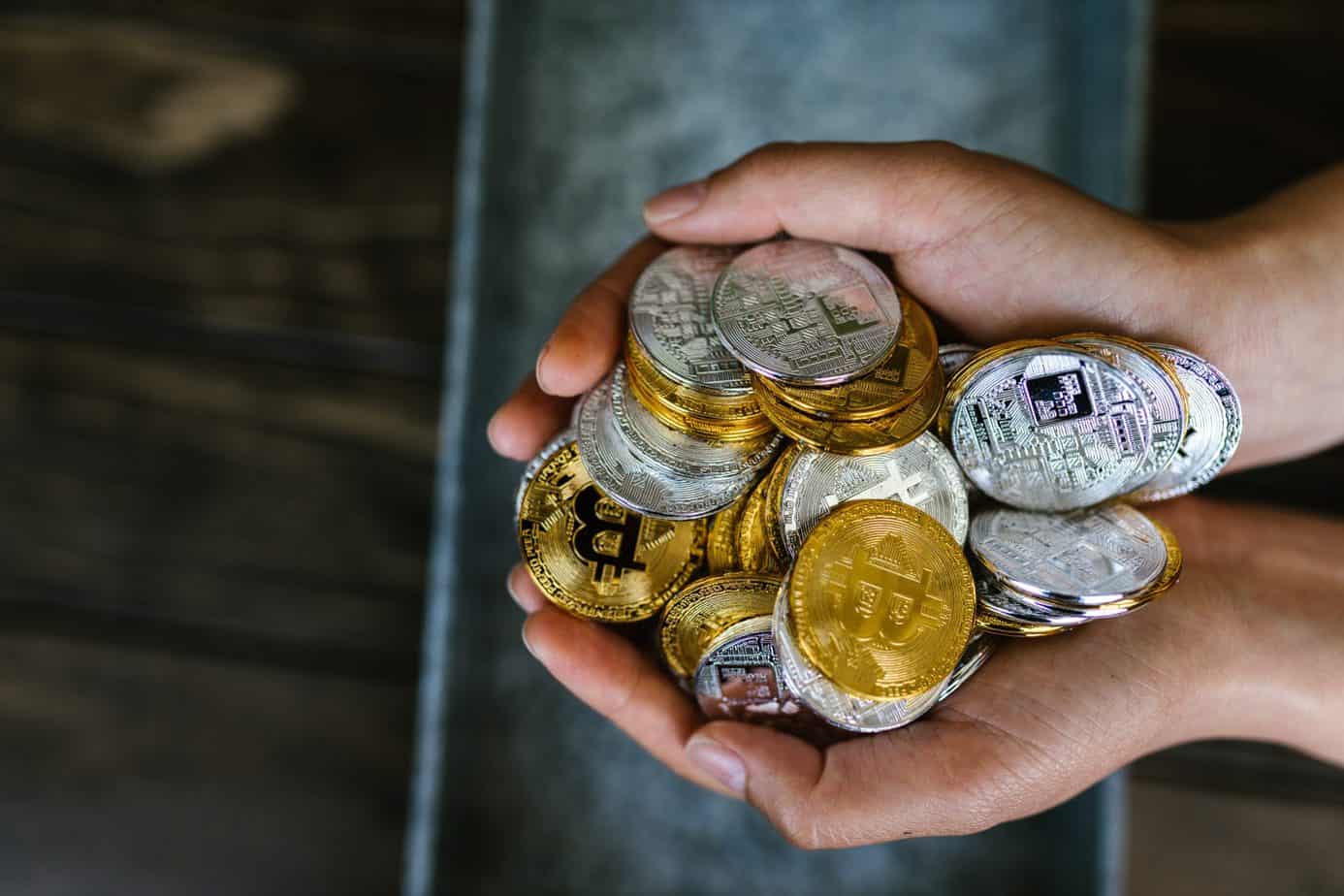Last Updated on
Everyone’s heard of Bitcoin. It’s been around as a ground-breaking concept since 2009, and, to this day, technologists and economists are just starting to appreciate the significance of the world-changing cryptocurrency. But, what is it, and what is the purpose of Bitcoin?
For the first time, a group of software users has been able to create and manage a digital money supply independent of any government or bank. A collection of rules executed by the Bitcoin protocol makes bitcoins valuable because of their scarcity and limited supply.
Bitcoin operates similarly to software protocols like SMTP, which helps you send emails, or HTTP, which ensures that websites are delivered to the computers you access them through.
Bitcoin to USD Chart
[ccpw id=”153440″]
Convertor
[ccpw id=”41293″]
Coin Project
[ccpw id=”41290″]
A central authority is a financial institution, such as a bank or government, that acts as a third-party intermediary to help people and businesses do business with each other. In other words, they function as middlemen in handling transactions. They offer this identical service to everyone. Subsequently, they amass an enormous sum of other people’s cash in their possession.
This system of trust may seem safe, but people have reservations. For example, these institutions can easily alter the rules of lending and access to money thanks to their position of power and influence – a bank may lend a person’s money without their permission or refuse to process a transaction for them. In addition, governments and criminals could seize a person’s personal information and financial assets from banks, so for some security is a concern.
To combat this old way of doing things, the goal of Bitcoin is to create a system without a central authority or middleman, putting people in charge of their finances, so no one else can deny their transactions.
With Bitcoin, the inherent trust issue in centralized money managers is addressed, and some security concerns too. Bitcoins can be sent between two users directly, as intended, without needing a third party.
In addition, anyone can trustlessly verify the authenticity and scarcity of the bitcoins they receive through Bitcoin’s software, which makes it “decentralized.”
Markets
[ccpw id=”41288″]
Wallets
| Ledger | Visit website |
| Trezor | Visit website |
| Math Wallet | Visit website |
| Trust Wallet | Visit website |
| BTC Wallet | Visit website |
| Electrum | Visit website |
| Coinbase | Visit website |
| Cobo | Visit website |
News
You might be interested in

Around 7 million Robinhood users affected by data breach

Bitcoin ETF: What is it, price, and ticker symbol


FAQs
Is Bitcoin mining still profitable?
Mining Bitcoin is currently prohibitively expensive to mine. It requires specialized hardware and vast amounts of electricity for miners to compete for new BTC. To put it in perspective, the computational power needed to mine new Bitcoin has strained entire countries.
Plus, although it is technically possible to effectively mine on the Bitcoin blockchain, it can be difficult to know how to start without a clear guide to building a Bitcoin mining rig.
Why is Bitcoin so valuable?
There are a lot of similarities between Bitcoin and the traditional commodities and government currencies, which have made it hugely valuable, namely its: long-term viability, fungibility, and widespread acceptance.
Plus, scarcity is created as every four years, a process known as the halving, or halvening, cuts in half the amount of BTC released in each block.
Can you use Bitcoin in real-life?
It’s possible to pay for goods and services with Bitcoins, from Microsoft to Subway. And tens of thousands of smaller businesses are moving towards doing so, too.



